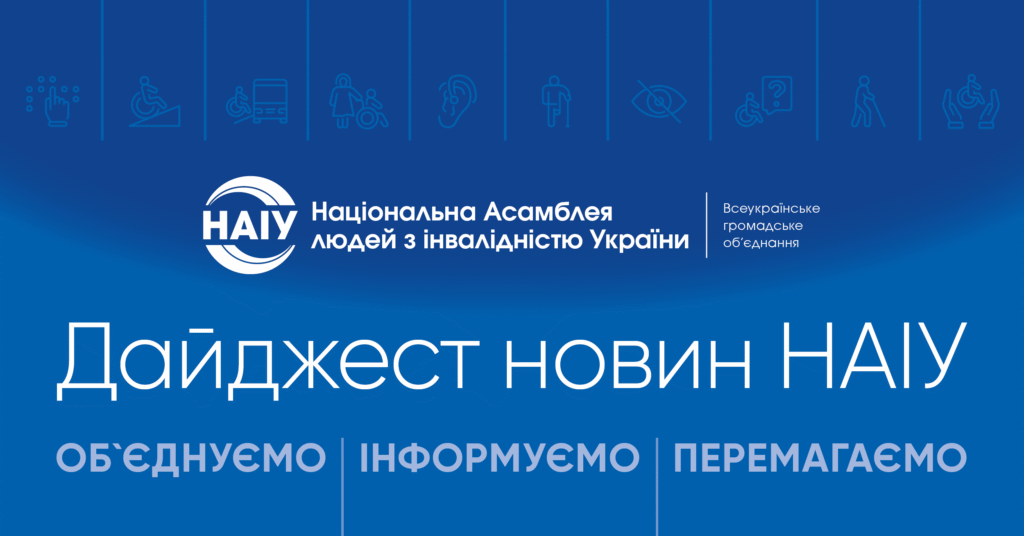One of the biggest challenges for people with disabilities is the inaccessibility of the environment and the lack of necessary assistive technologies. This is especially relevant for residents of rural areas, where opportunities to receive assistance are often minimal.
Residents of the Poltava region are receiving essential devices that significantly improve their quality of life. For example, accessible and easy-to-use devices such as talking blood pressure monitors and glucose meters are crucial for people with visual impairments.
One of the recipients of a glucose meter is Ms. Nina, who lives in a rural area. Due to complications from diabetes, she has almost lost her vision and previously had to rely on a paramedic to check her blood sugar levels. Now, she can do it independently, giving her greater autonomy and peace of mind.
Additionally, as part of the project, residents of villages in the Poltava district received elbow crutches, canes, and walkers—assistive devices that are essential for people with musculoskeletal disorders.
Such initiatives are incredibly important because they not only make daily life easier for people with disabilities but also empower them to be more active, independent, and confident.
This work is being carried out as part of the project “Multisectoral Humanitarian Assistance with Disability Inclusion for Internally Displaced Persons (IDPs), Returnees, Veterans, and Host Communities in Ukraine”, implemented by the National Assembly of People with Disabilities of Ukraine with financial support from the German Federal Foreign Office (GFFO), CBM, and EDF.
Project coordinators are working to improve living conditions and access to inclusive humanitarian aid in the areas of nutrition, livelihoods, protection, and healthcare.
Oleksandra Perkova
Communications Manager of the Project









